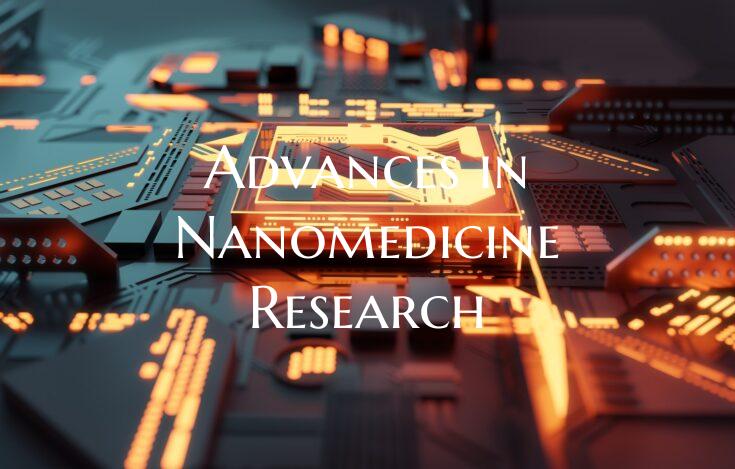Advances in Nanomedicine Research
Nanomedicine, a rapidly evolving field that blends the disciplines of nanotechnology and medicine, has witnessed significant advancements in recent years. These advancements hold promise for transforming healthcare by offering innovative solutions for diagnosis, treatment, and prevention of diseases at the nano-scale level.
One notable breakthrough in nanomedicine research is the development of targeted drug delivery systems. Nanoparticles can be engineered to selectively target diseased cells, reducing side effects and improving drug efficacy. This targeted approach has shown great potential in the treatment of various conditions, such as cancer and neurodegenerative diseases.
Furthermore, nanomedicine has also paved the way for personalized medicine by enabling the delivery of therapeutics tailored to an individual's unique genetic makeup and disease profile. This precision medicine approach holds the key to more effective treatment strategies and better patient outcomes.
In the realm of diagnostics, nanotechnology has facilitated the development of highly sensitive and specific nano-biosensors for early disease detection. These nanoscale sensors can detect biomarkers of diseases with high accuracy, enabling early intervention and improved prognosis for patients.
Moreover, nanomedicine research has led to the creation of novel imaging technologies that provide detailed insights into biological processes at the molecular level. Nanoparticles incorporated into imaging agents allow for high-resolution imaging of tissues and organs, aiding in the early detection and monitoring of diseases.
As nanomedicine continues to advance, researchers are exploring new frontiers such as theranostics, which combine therapy and diagnostics in a single platform, as well as regenerative medicine approaches using nanomaterials to support tissue repair and regeneration.
In conclusion, the field of nanomedicine is at the forefront of scientific innovation, driving significant progress in healthcare through its cutting-edge research and technological developments. The ongoing advances in nanomedicine hold the potential to revolutionize medical practice and improve patient care in the years to come.

